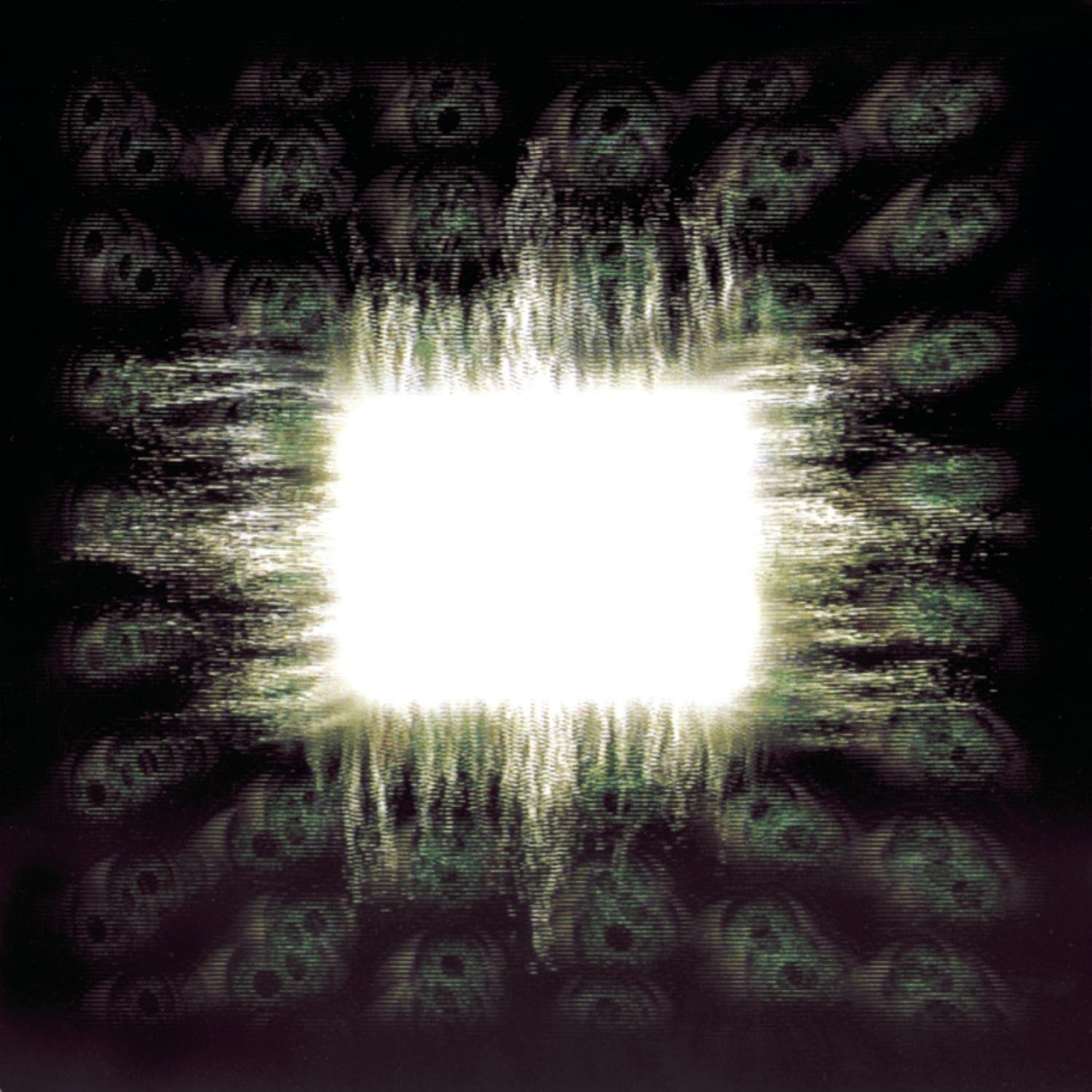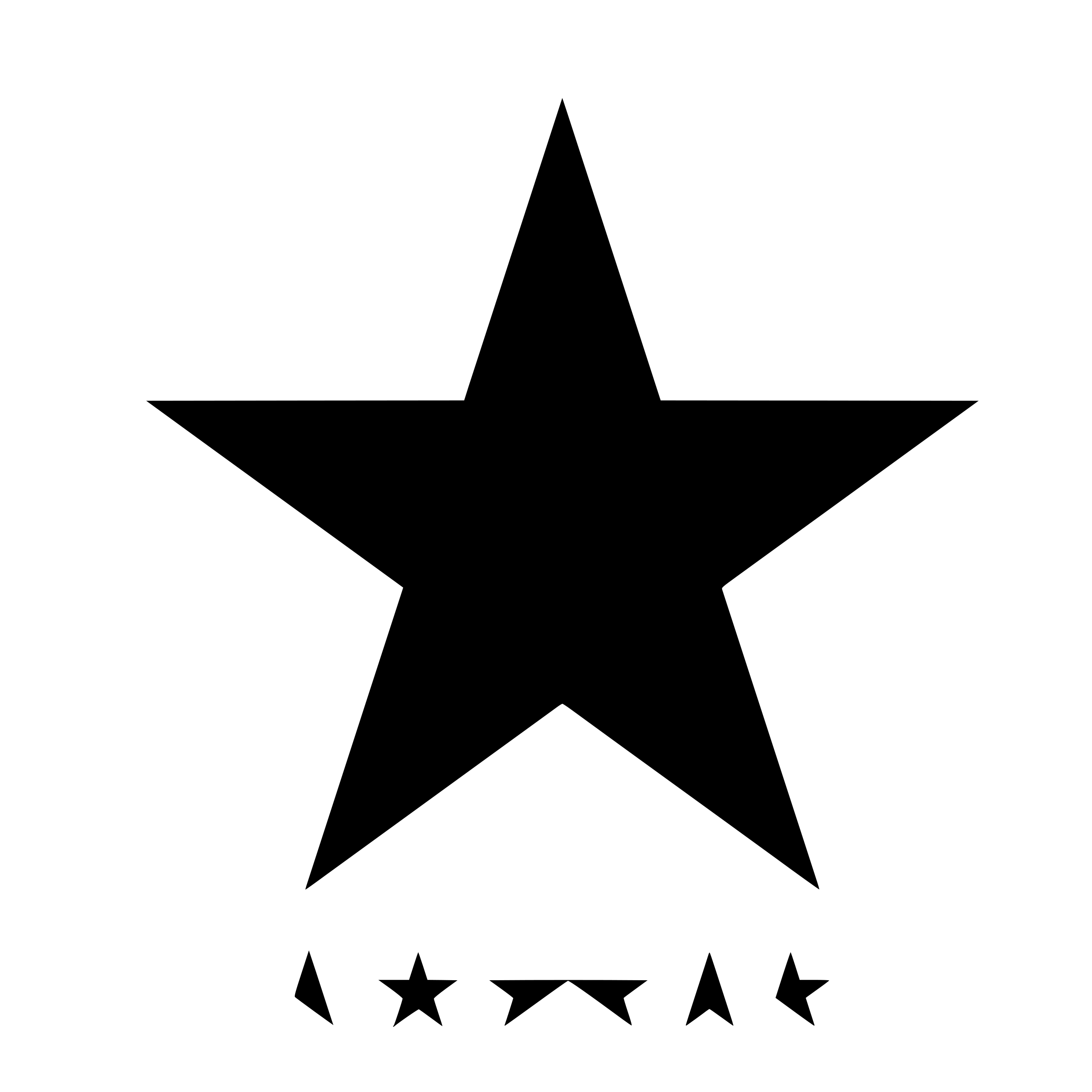Tool have always blurred the lines between challenging their audience and outright fucking with it. This was seldom more apparent than on 1996's Ænima, released on vinyl 20 years ago tomorrow and two weeks later on CD. Even the title was its own weird mystery, with that weird Latin letter thingy straddling two undercurrent themes: "Anima" from the Jungian concept of the feminine qualities that lie in the male unconscious, and "enema" from, well, the literal act of flushing shit out of the body.
In the post-Cobain landscape of 1996, some bands were eager to take up the mantle of rock saviors, and some bands were Tool. Their success with 1993’s Undertow seemed an unexpected burden, bringing a core of fans that seemed equal parts weirdo art-rock kids (tagging myself here) and aggro dickheads who were looking to kick up testosterone in a moshpit. I posit that Ænima was the first of several attempts by Tool to purge these latter ranks from their fanbase. This was an album borne of sudden success that a band wished to reduce and refine. This was Tool’s In Utero, their Kid A.
History should record Ænima as not only one of the great rock albums of the era, but also one of the most subversively comedic. Let’s begin with the album's first track and first single, "Stinkfist," which was accompanied with another signature video directed by the band's guitarist Adam Jones, whose eerie stop-motion style had already garnered positive reviews from the generation's premiere pop-culture critics, Beavis and Butt-head. The video was breathtaking and groundbreaking. The song was a magnificently crafted alt-metal love ballad.
It was also, lyrically speaking, literally about anal fisting. The title is the first and most obvious clue to what lies beneath. The refrain in the chorus -- "Relax, turn around, and take my hand" -- was as much of a nodding wink as the band could give, but both their self-serious audience and self-serious music critics largely took the bait and missed the obvious.
In 1996, Tool had no peers. The most obvious link was Rage Against The Machine, because the bands were friends and both came out of Los Angeles in that weird "sign everyone and let God sort them out" boom of the '90s, but they had very little in common sonically or conceptually. Tool were a bizarre L.A. overlap of intensely talented musicians, several of whom also had ties to the underground L.A. comedy scene. The eight-armed polyrhythmic drumming of Danny Carey was impossible to mimic, and the band's prog-rock leanings never exactly became a hot trend. The only band Tool really influenced at the time was itself.
Ænima taunts in its mix of deep, dark themes and outright comedy. "Stinkfist" leads into "Eulogy," an 8-minute-and-29-second epic that was probably about L. Ron Hubbard and was definitely about this band's utter lack of desire to make anything radio-friendly.
If Ænima is a classic -- I say it is, and stand by it -- the track that best defines it in terms of the moment is a great in-joke that also felt like the only sonic nod back to the harder rock grooves of Tool's past. The crassly named "Hooker With A Penis" comments on the band's sellout in an age when Gen X was just coming to terms with its own depths of self-commodification. After setting up a Coke-sipping superfan who wanted to make sure the band knew just how much he loathed their sellout, vocalist Maynard James Keenan’s advice to said fan on the concept: "All you read and wear or see and hear on TV is a product … so shut up and buy my new record." A year later, "Hooker" would be the standard setlist opener when the band headlined Lollapalooza '97. The dripping irony of that song in the context of a festival that itself was grappling with the sellout label was not lost.
Ænima also marked the first time the band would sprinkle intermission tracks as segues between songs, and more hidden humor abounded there. "Useful Idiot" was simply 38 seconds of the sound of a needle skipping at the end of a record, an oddity in the compact-disc era. The real joke was on those who owned Ænima on vinyl where "Idiot" actually marked the end of a side. "Message To Harry Manback" was simply a voicemail, purportedly from a houseguest of Keenan's, leaving vague threats involving black magic. "Die Eier Von Satan" was an ominous industrial noise track featuring a man forcefully speaking in German that sounded like it could have lifted from a Nuremberg rally; he was actually reciting a recipe for Mexican wedding cookies.
These tracks also padded the album out to nearly the maximum length of a single compact disc at the time, pushing 78 minutes, making it clear that this was meant to be a full-album experience. There's a reason Tool are really the last major holdout on digital music -- their catalog is not only unavailable on streaming services, it's not even for sale on iTunes. It's admirable that an artist can force you to not buy their art in whatever-you-want chunks, although it would be interesting to see if anyone would pony up cash for 38 seconds of a needle skipping.
But juxtaposed against all of this winking humor were some of the band's most sweeping and powerful songs before or since. Themes were deeply personal and vulnerable ("H." and "jimmy") and evolutionary ("Forty-Six & 2"). The crescendo of "Pushit" brings me goosebumps so often that I still think it would make a great first dance at a wedding. "Ænema," the "title" track that's spelled slightly different (because Tool), is an impassioned kiss-off to Los Angeles praying for the Big One to come and send the western coast to the ocean’s bottom: "See you down in Arizona Bay."
But it's the album's closing track that perhaps best distills Tool in this time and place, a bridge to the two albums that would follow (it's now been a full decade since their last release, 10,000 Days). Perhaps the only track with a title devoid of mystery, "Third Eye" is a multi-act prog exploration under lyrics that extol the spiritual virtues of psychedelic drugs. It clocks in at nearly 14 minutes, and it's not a song that begs for a radio edit. In the early leg of arena touring on Ænima, the band would often open with this, effectively diffusing all the aggro energy in the room. When you’re looking to knock heads in a moshpit, a lengthy jazz odyssey tends to take the wind out of your sails.
But significantly, "Third Eye" opens with the late comedian Bill Hicks talking about LSD. Hicks, a personal friend of the band, had died a couple of years prior. Ænima was dedicated to Hicks, who was featured in the album art with the caption "Another Dead Hero." Tool and Hicks didn't just share an affinity for the psychedelic. They also shared a biting sense of humor. It's only a shame Hicks wasn’t around for this laugh.
[videoembed size="full_width" alignment="center"][/videoembed]
[videoembed size="full_width" alignment="center"][/videoembed]
[videoembed size="full_width" alignment="center"][/videoembed]
[videoembed size="full_width" alignment="center"][/videoembed]






